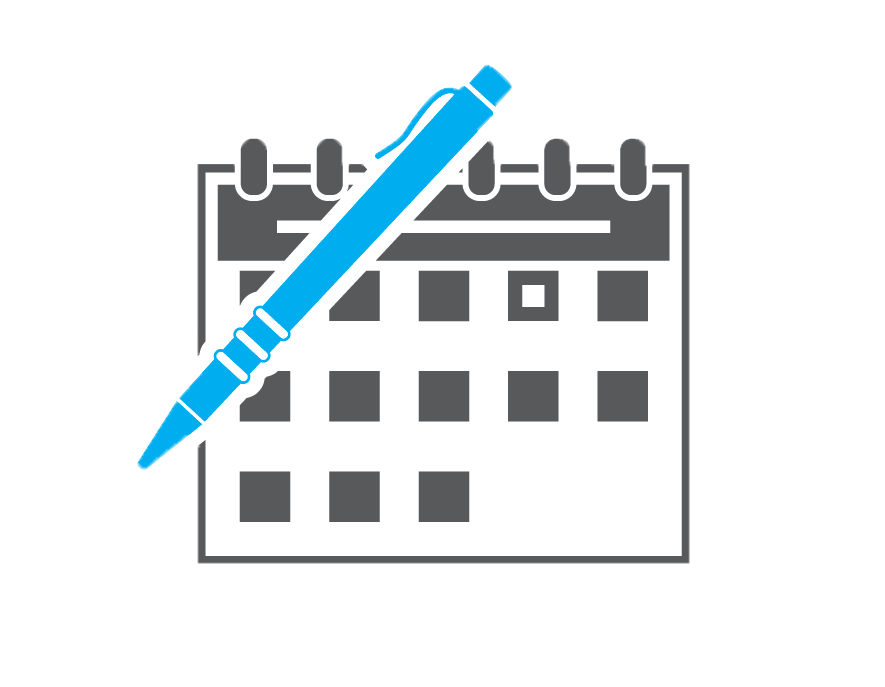Supporting rangatahi to get out of the youth justice system
Marissa Pou is passionate about her mahi with rangatahi (youth). As part of the HEEADSSS Assessment programme, the Te Piki Oranga Whakatū community nurse creates unique solutions for rangatahi and their whānau, to help get the rangatahi out of the youth justice system.
“Each rangatahi is their own person. They have different whānau dynamics and different reasons for why they are where they are at in their lives. This means my approach to each of them is different, it is not just a matter of ticking boxes, it is more holistic than that. Sometimes it also makes sense for the mother to be involved, and sometimes it is the aunty or kuia as well,” she says.
“As a trusted person from outside the whānau, I can uncover what is behind the rangatahi’s behaviour and provide solutions that work to stop that behaviour happening again. You can’t just say to a young person “stop hanging around bad influences and go back to school”, you need to work out the “why” – why they are not going to school and why they are choosing those people to hang out with. The answers might be because they can’t easily get to school, they are hungry, they are bored, or there could be a raft of health reasons. When you know the “why” and then know what they enjoy doing, you can help with the solution.”
Marissa says she works alongside the key whānau members on her suggested recommendations and next steps, so there is buy-in and no surprises. These recommendations are usually for both the rangatahi and the whānau.
“It may be the rangatahi that is referred to me by Oranga Tamariki, but my recommendations always cover support for both them and their whānau. It is important for rangatahi that their whānau, particuarly Mum, is in a good space. That’s when we really make the difference and stop the youth justice system being their norm.”
Marissa says recommendations could include seeing a counsellor, a psychologist or alcohol and drug services. Other recommendations could be to provide support for an educational programme or help with starting a career in something they are interested in, like music or woodworking.
“I love working with rangatahi. The mahi we do with them has the power to transform the trajectory of their lives. That’s why I am so passionate about this area of work. My brother went to jail for 13 years when he was 17. I can see how that could have changed for him if we’d had a programme like this,” she says.
In June 2019, Te Piki Oranga began working with rangatahi through the HEEADSSS assessment process on behalf of Oranga Tamariki. HEEADSSS stands for Home, Education, Eating, Activities, Drugs and Alcohol, Suicide and Depression, Sexuality and Safety. Marissa has completed 15 assessments across a mix of male and female, Māori and Pakeha rangatahi between the ages of 11-17.



